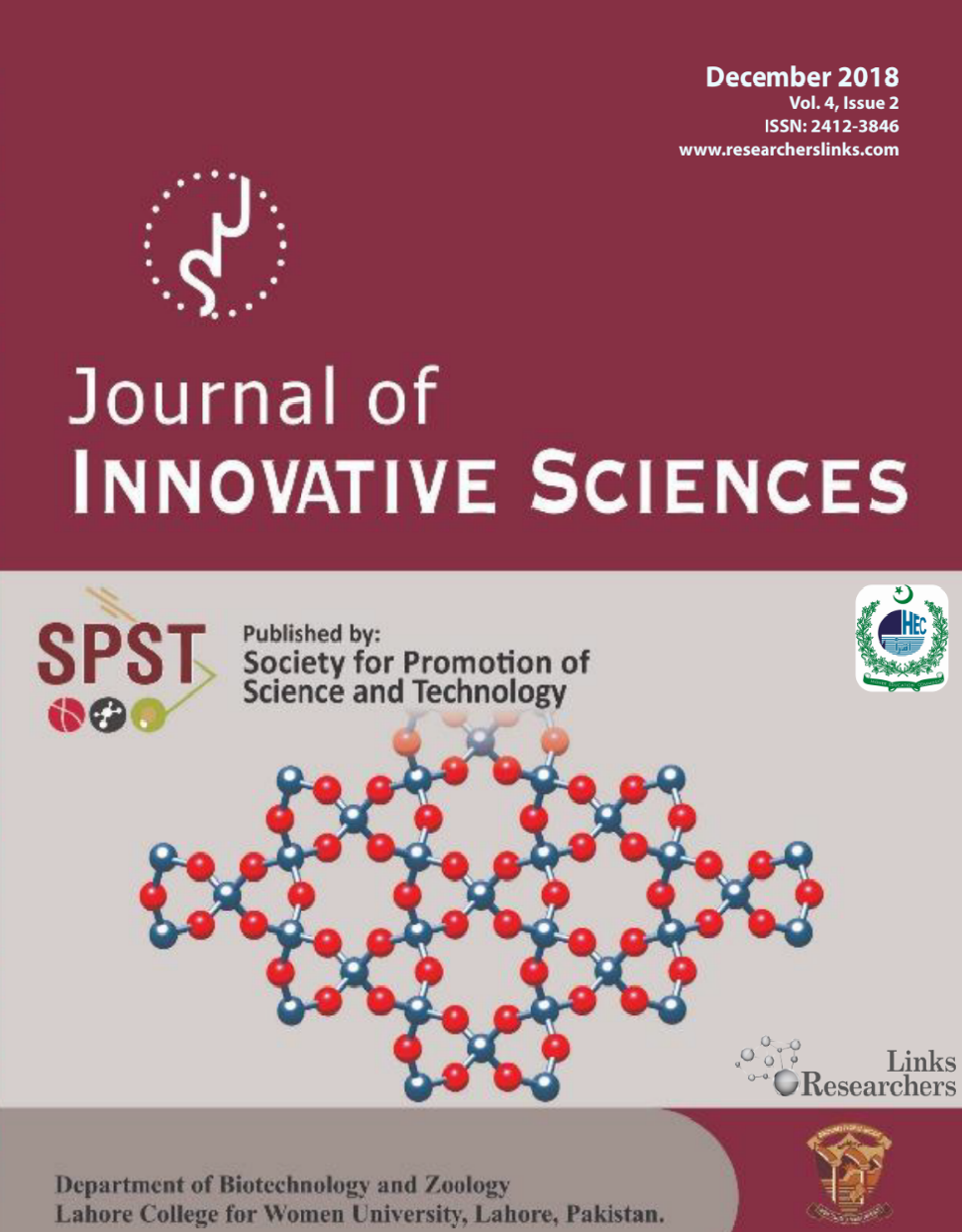Application of Nanotechnology for Insect Pests Management: A Review
Muhammad Shahid1*, Unsar Naeem-Ullah1, Waheed S. Khan2, Shafqat Saeed1 and Kashif Razzaq3
ABSTRACT
The nature acts like a large ‘‘bio-laboratory” comprising of plants, algae, fungi, yeast, etc. which are consists of wide array of biomolecules. There is various size and shapes of nanoparticles to be synthesized by using the naturally occurring biomolecules. These biomolecules acting as a driving force for the designing of greener, safe and environmentally benign protocols for the synthesis of nanoparticles. Insect pests are main density dependent factors that deteriorate the quality and production of various crops i.e. vegetables, fruits, ornamental and field crops. In past decade, these insect pests had been controlled by the application of synthetic insecticides but due to the injurious application of these insecticides causes the development of resistance, environmental pollution, pest resurgence and unwanted effects on humans, animals and beneficial fauna. The pesticides residues remain in the different parts of the crops and cause the lethal effects on human health. Many countries in the world switched from chemical based agriculture to green based agriculture that are ecologically reliable, socially acceptable and economically sound. In current scenario, the nanotechnology has revolutionized the agriculture with the greatest potential of nano based insecticides for the insect pest management. The physical and chemical approaches are most widely used for the synthesis of nanoparticles but actually they are detrimental for the environment and human health. The emphasis of this review article is to critic the potential of nanotechnology for insect pest management. Various metals i.e. Zinc (Zn), Titanium (Ti), Silver (Ag) and Zirconium (Zr) are used for nanoparticles synthesis by using green synthesis approach. The present review is devoted to the possibility of metal nanoparticle synthesis using different biological materials i.e. polymer, bacteria, viruses, plant extracts, fungi, and protein. This review article climaxes the latest mileposts accomplished for the production and imminent perspective of nanoparticles for the controlling of insect pests.
To share on other social networks, click on any share button. What are these?




